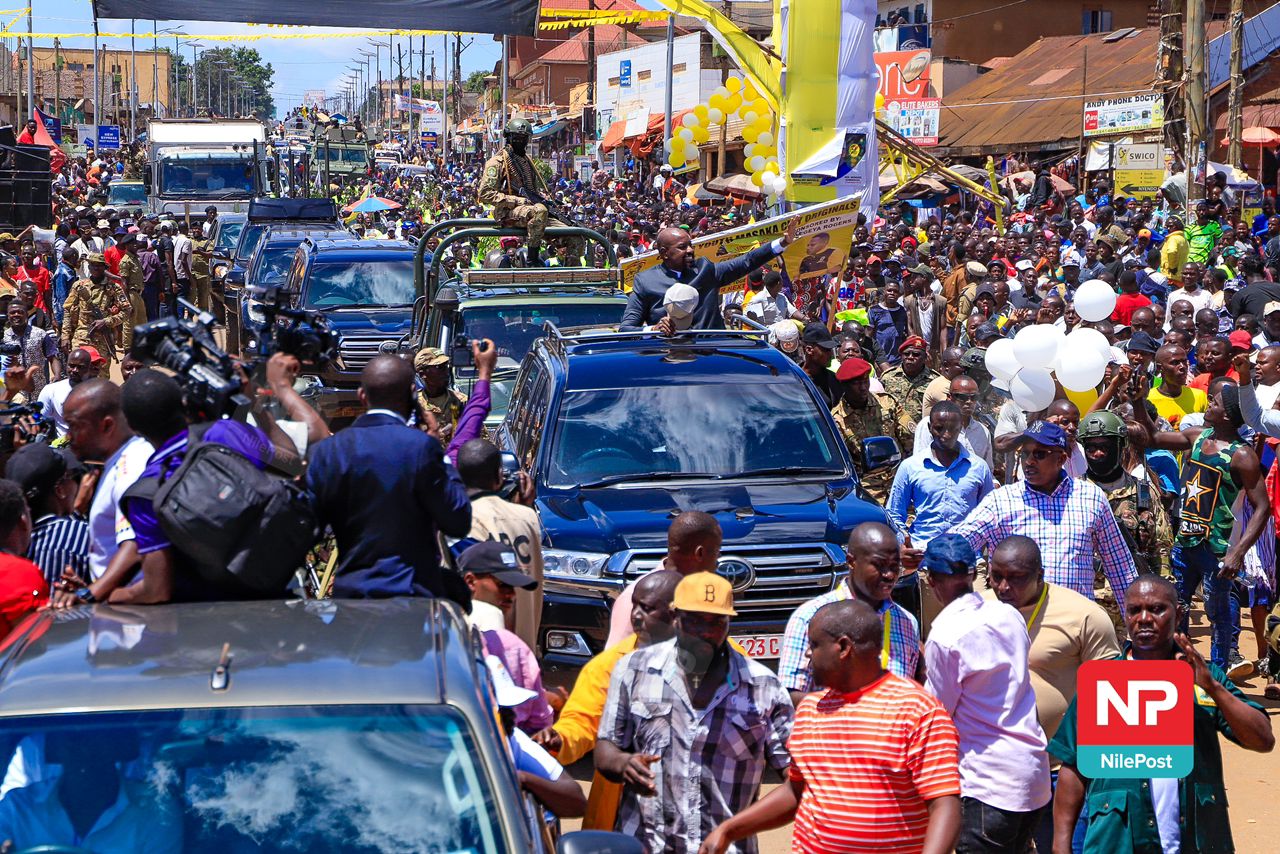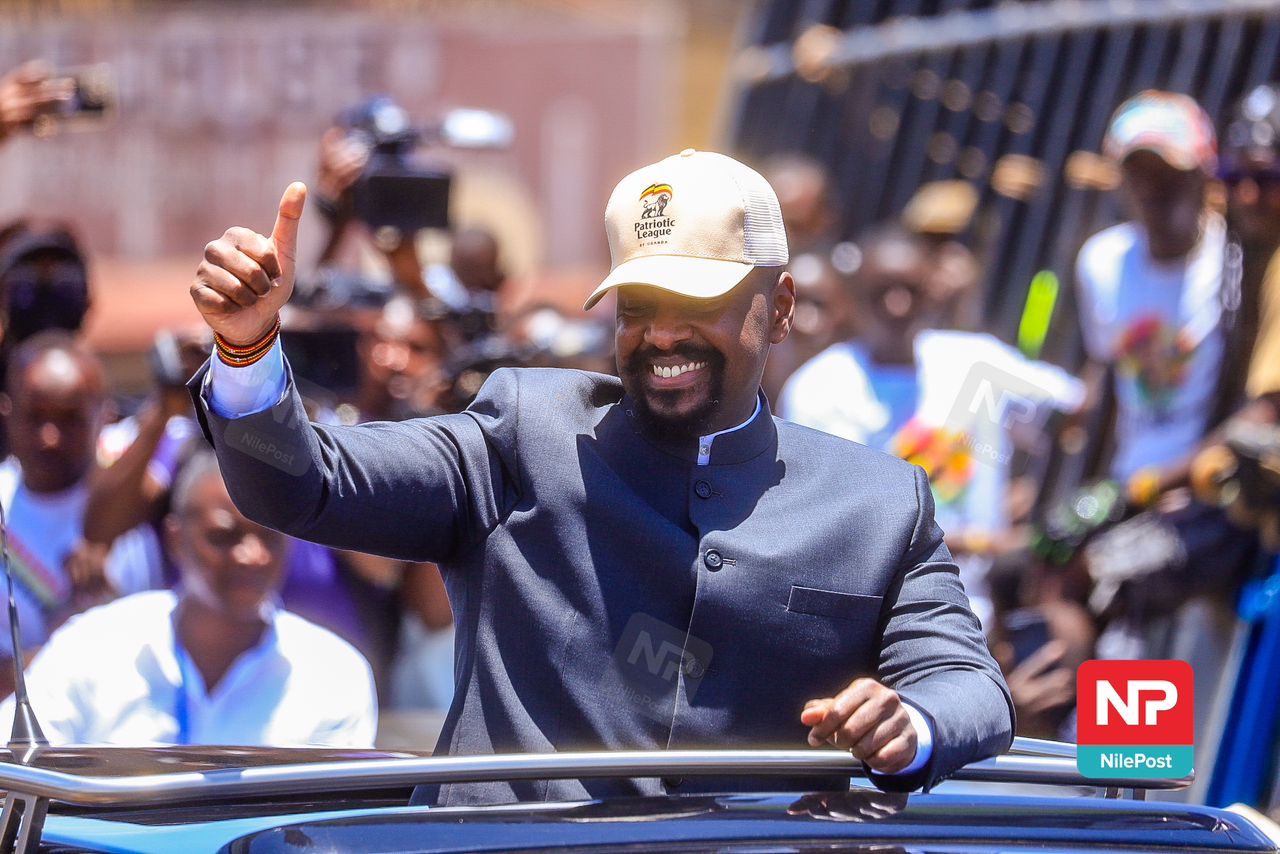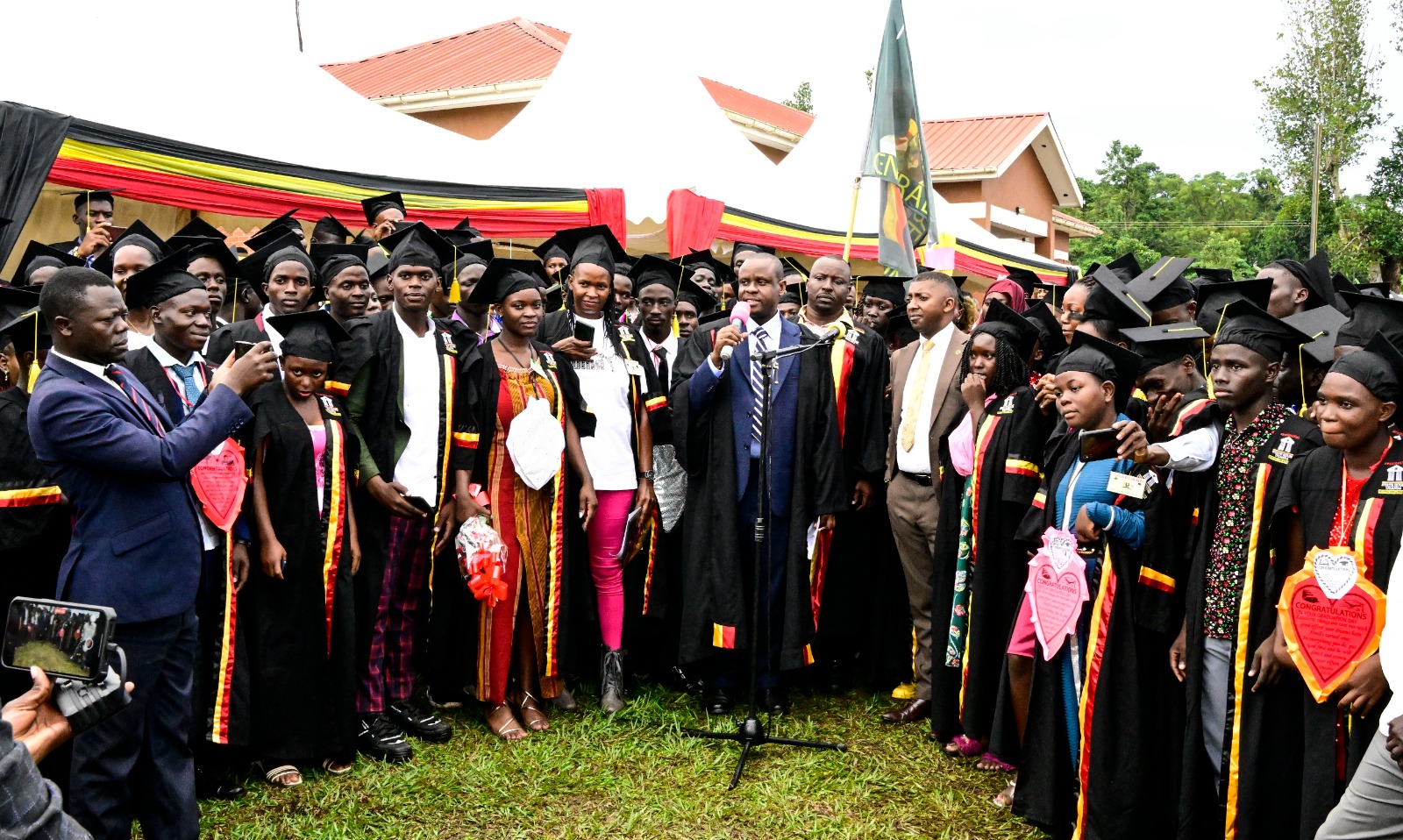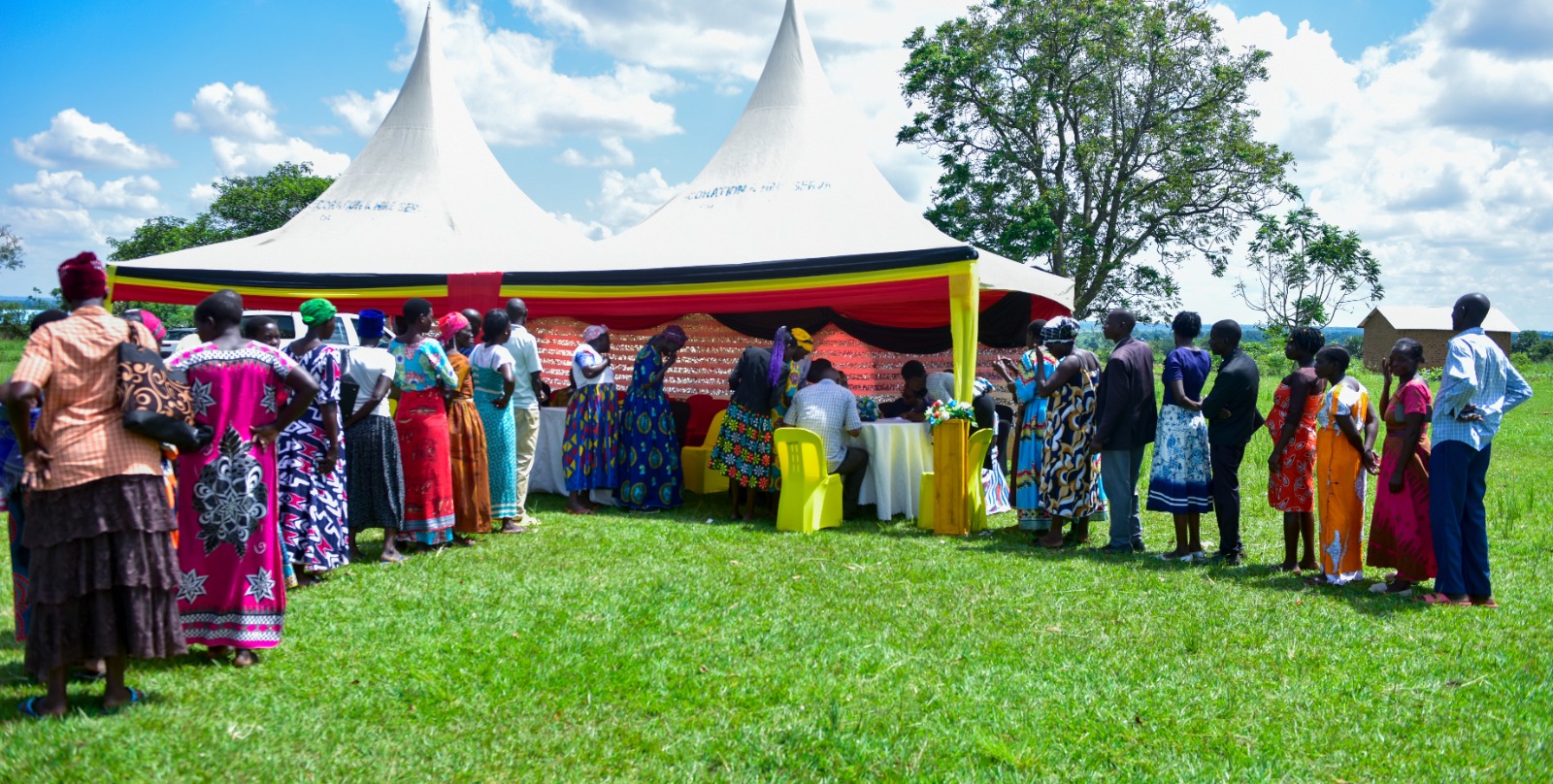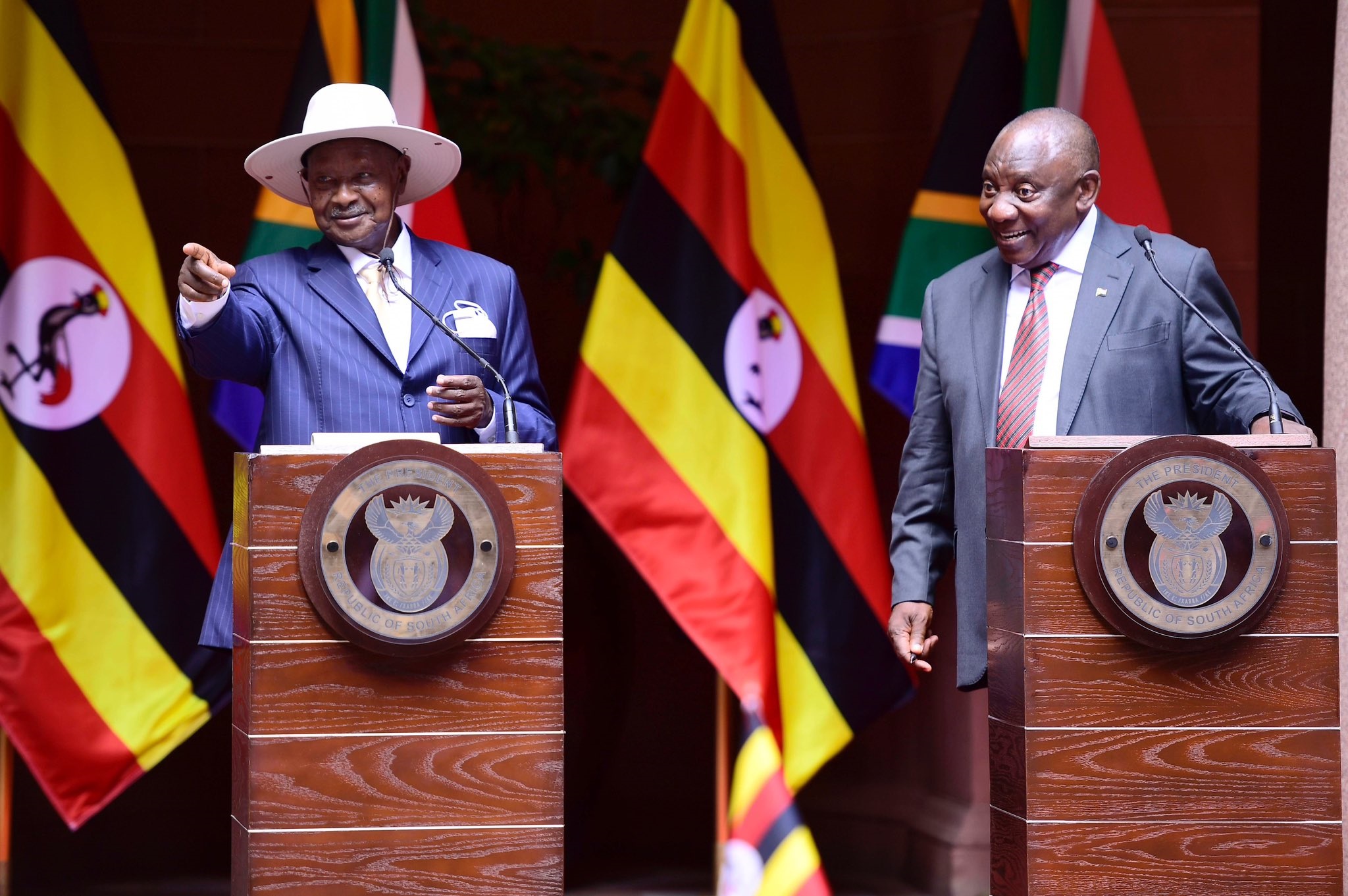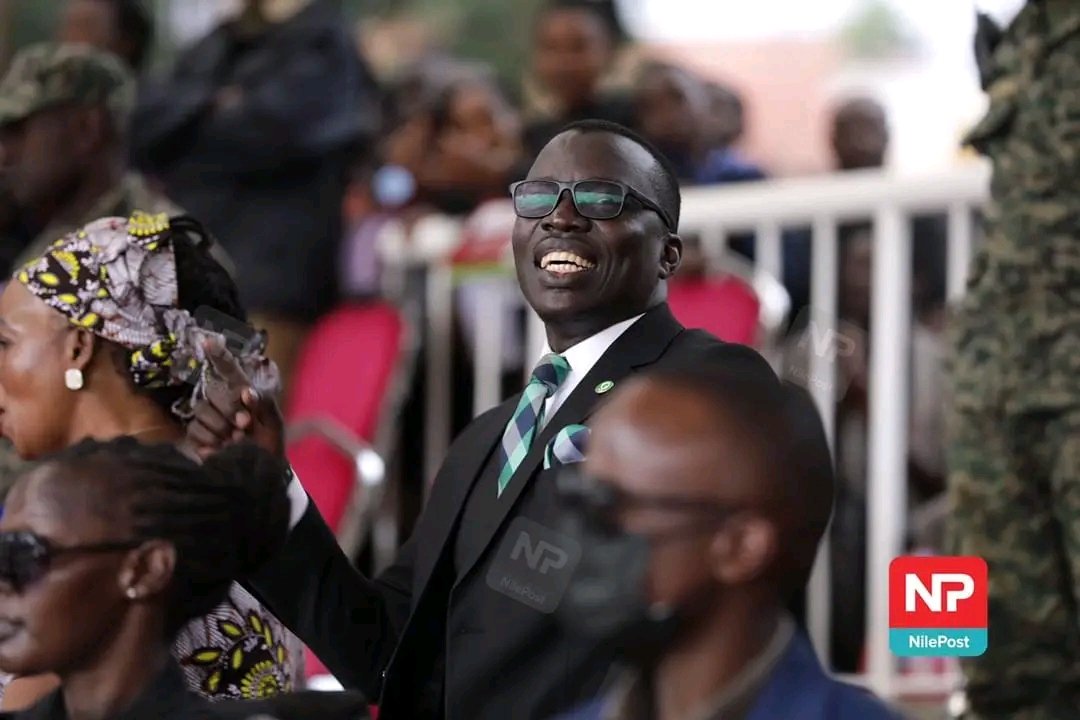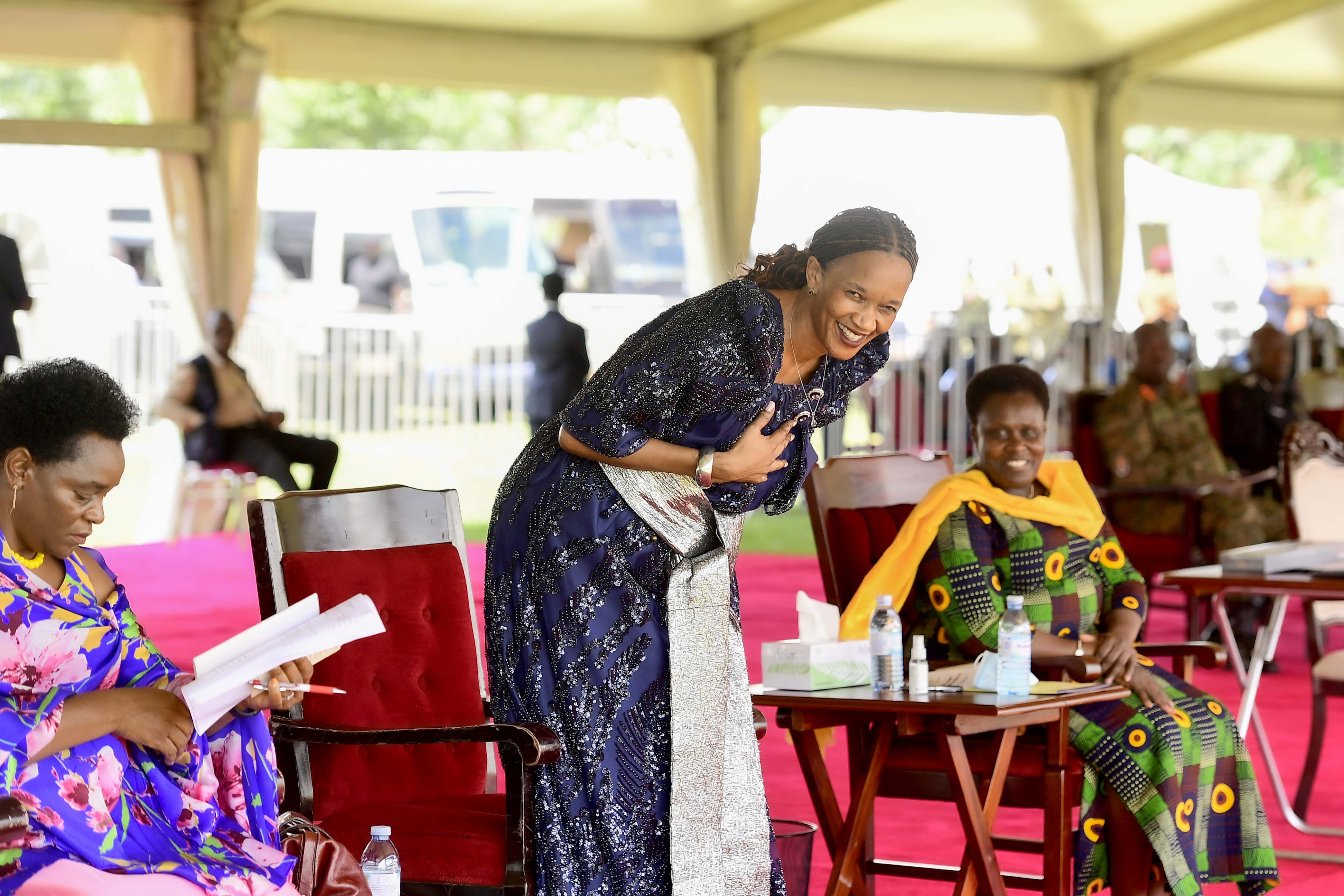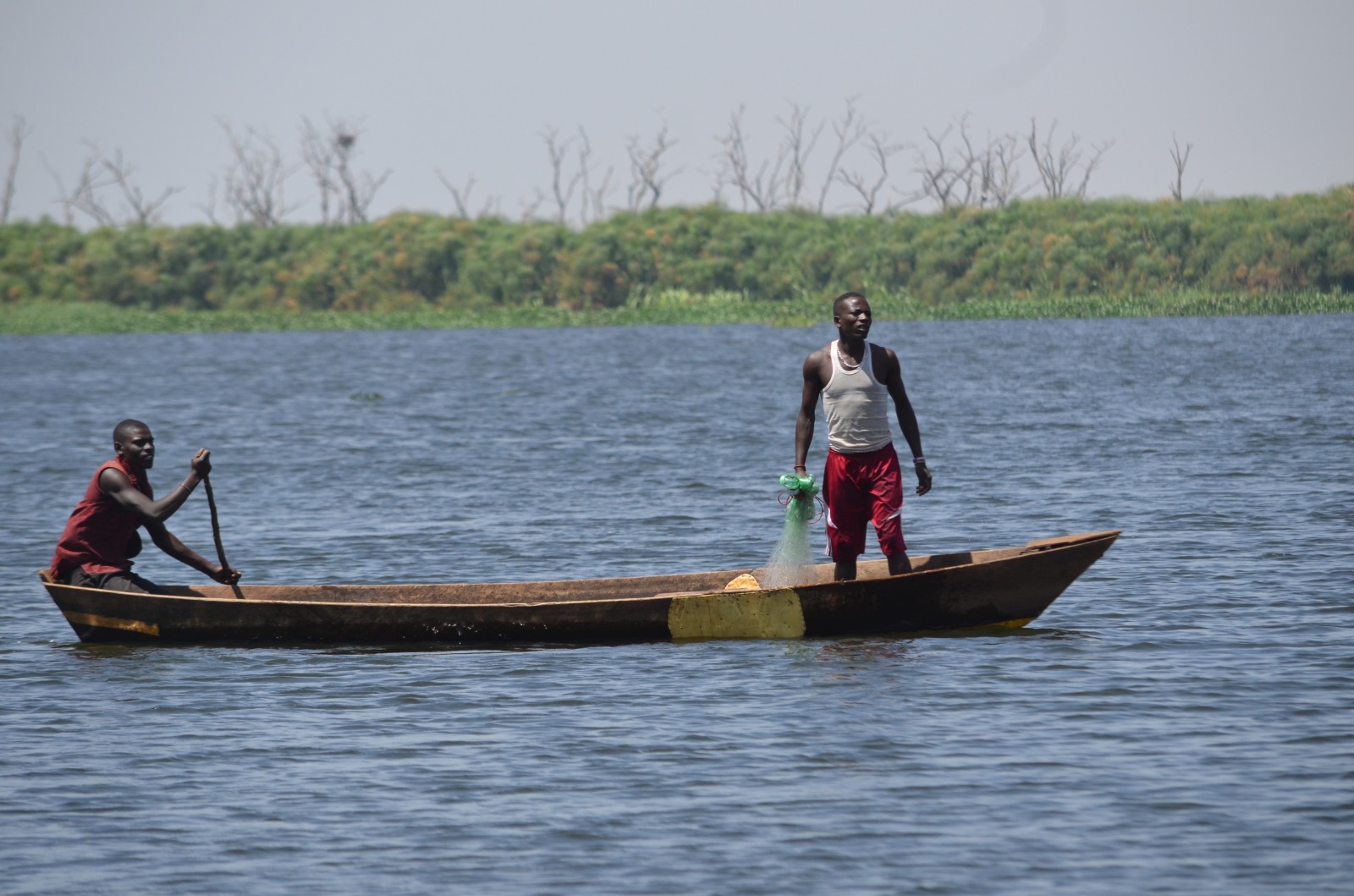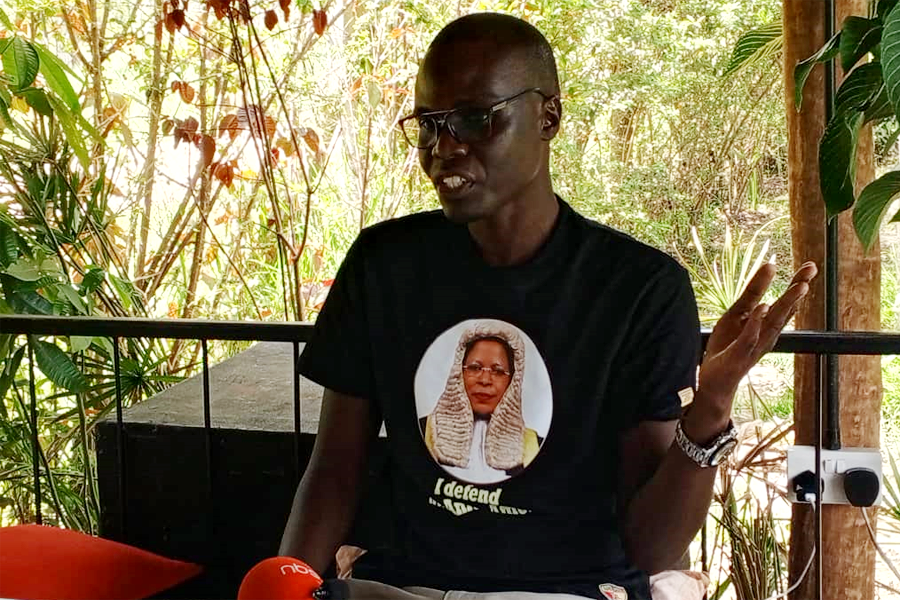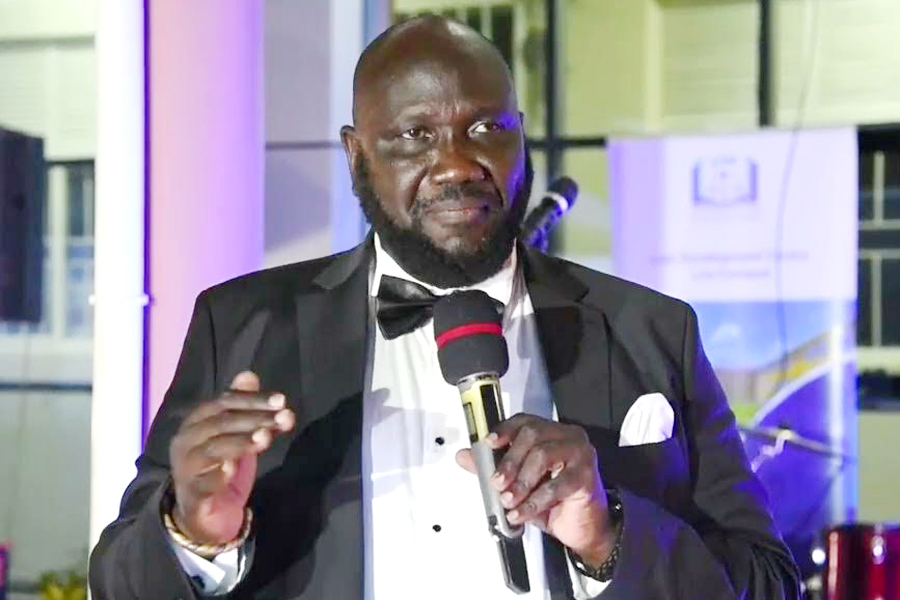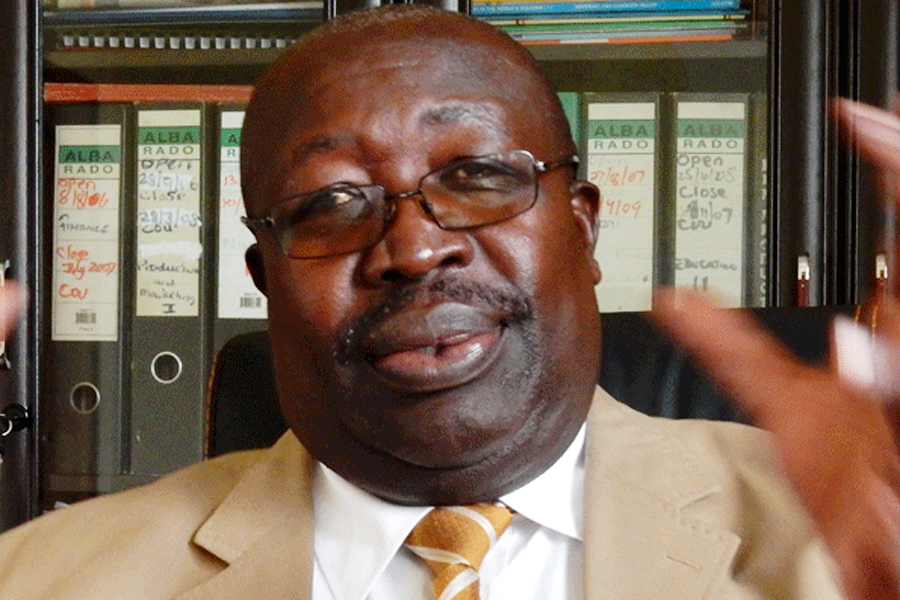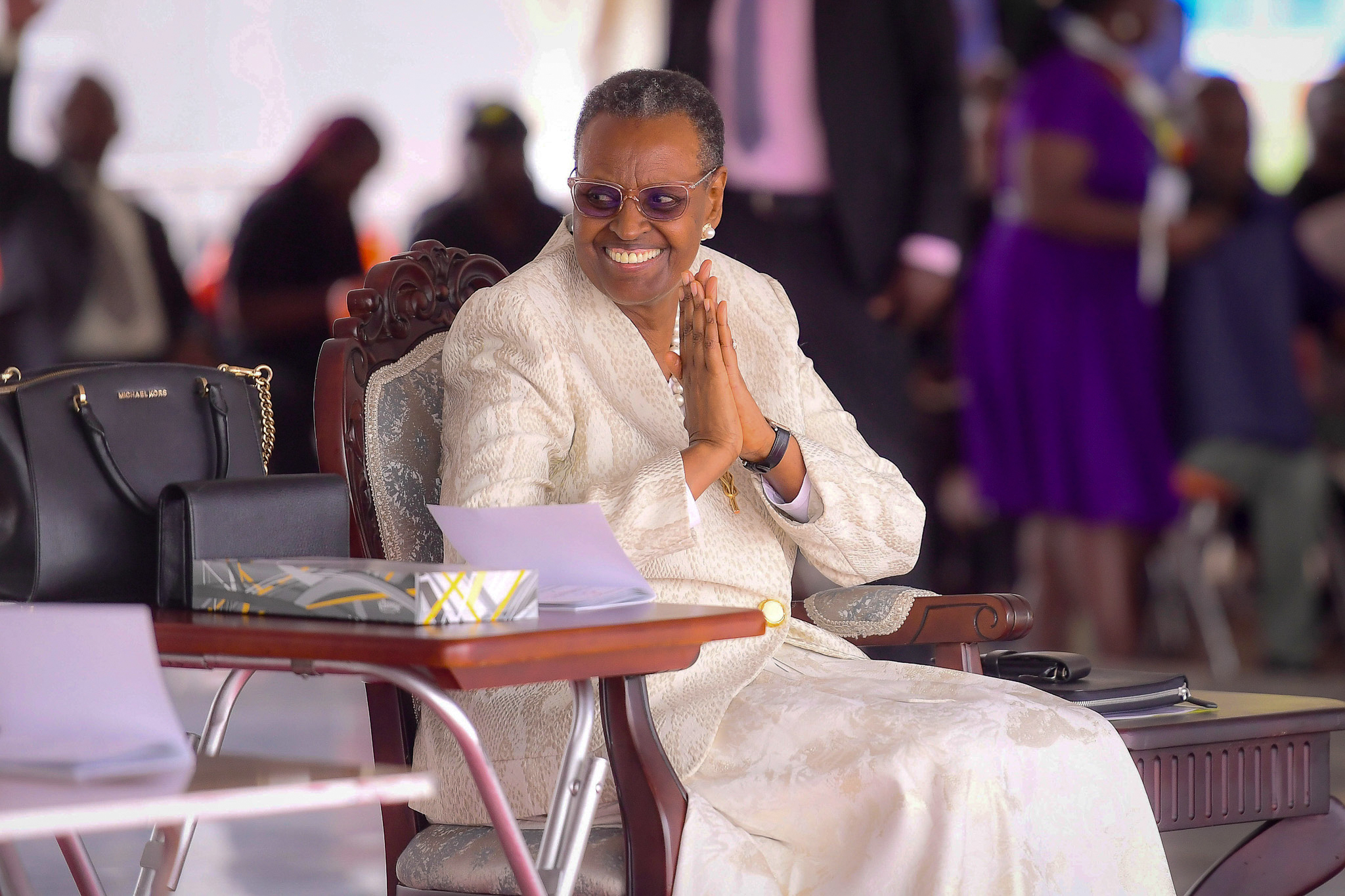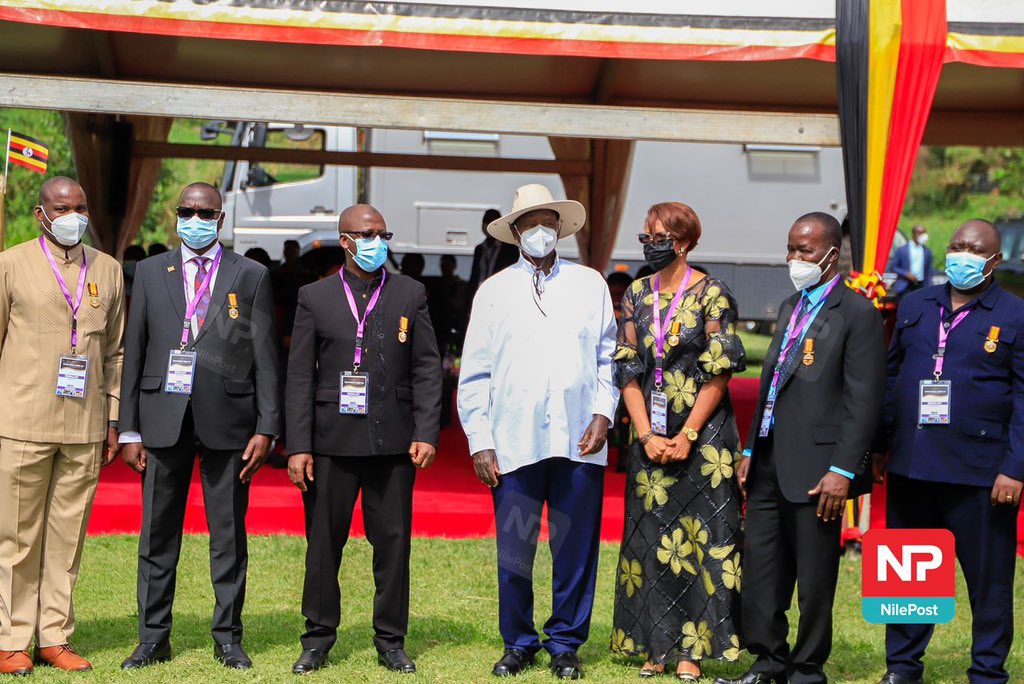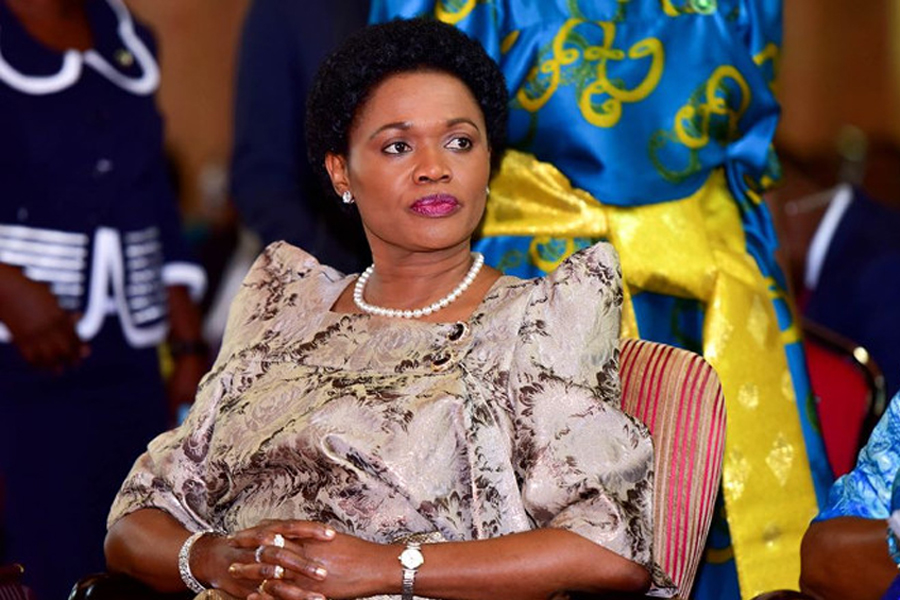Mwanga and Kabalega arrested, deported to Somalia
On July 6, 1897, dissatisfied with the agreement that he himself signed with Britain for the second time, Kabaka Mwanga declared war against is protectors.
https://nilepost.co.ug/2019/10/09/kabaka-mwanga-fooled-twice-to-hand-over-independence-conquered-thrice/
Keep Reading
The war only lasted two weeks, because he had no capacity to engage the Britons. He was consequently exiled in Tanzania where he was traced and arrested at Bukoba.
Mwanga got his way around the prison with help of the guards and he escaped, only to emerge in Buganda and another war ensued. Just like the previous time, Mwanga’s resistance was quelled in no time. In January 1898, Mwanga took off from his kingdom.
At about the same time, Kabalega was also making his resistance in Bunyoro but was ousted. The two would link up in Bukedi and start drawing another plan to stalk resistance when the British colonial authority sent forces after them.
Arrested and deported
Mwanga and Kabalega moved from Bukedi to Lango where they expected to garner some support, they were intercepted and they hid in a swamp where they were smoked out by Indian trips helped by Mwanga former chiefs; Semei Kakungulu, Apollo Kaggwa, and Andrew Luwandaga.
Interestingly, Kaggwa and Mwanga had performed omukago of brotherhood, but he claims his actions against his ‘brother; Mwanga was moved by the latter’s adamancy at violating the agreement terms.
Indeed, Kaggwa was rewarded handsomely for his treachery, a huge chunk of land from Buganda and several goats and cattle from Bunyoro.
Arrested, defeated and injured terribly, Mwanga and Kabalega were carried on stretchers to Kampala in a long march. Kabalega had lost an arm in the fight, while Mwanga had minor wounds.
The two kings were legally disposed of in their respective kingdoms and succeeded by their toddler children, Daudi Chwa for Buganda and Kitahimbwa for Bunyoro.
The British were however wary of the fact that the kings still enjoyed s much support even in their current state and this was dangerous for their interests, hence chose to deport the two to Kismayu in Somalia from June 1899.
Mwanga and Kabalega while in Somalia continued to influence events in their respective kingdoms, it soon became too near and the British wanted to further impose their rule without interference.
After two years of exile (1901) in Somalia, the two kings were then deported to Seychelles, where Mwanga died two years later (1903) in May aged 35 years. Mwanga’s remains were repatriated and buried at Kasubi.
What Next for Kabalega?
With no hope of a return to his Kingdom and now without Mwanga with whom they had built an unbreakable friendship, Kabalega turned religious and accepted Christ in 1907.
In 1923, Kabalega was permitted by the British administration to return to Uganda from exile and they chattered him a ship that docked at Mombasa and later a train from Mombasa to Jinja district at Mpumude railways station.
However, Kabalega would have to wait in Mpumude for quite some time as communication went through to his people in Bunyoro who were now under Omukama Duhaga.
People in Busoga were so hospitable to Kabalega that they gave him no reason to hurry his return to Bunyoro. They hosted the Omukama at their personal homes and allowed him visitors from Bunyoro.
On April 5, 1923, aged 70 years, Kabalega was visited by emissaries from King Duhaga who carried him Bunyoro delicacies and skimmed milk. Shortly after their visit, Kabalega was vomiting and feverish, he died at the same place and he knew it, let out a loud cry “mpumwire”, meaning I have rested.
The place where he died would later come to be called Mpumwire/ Mpumudde.
The writer is a private contributor to the Nile Post


